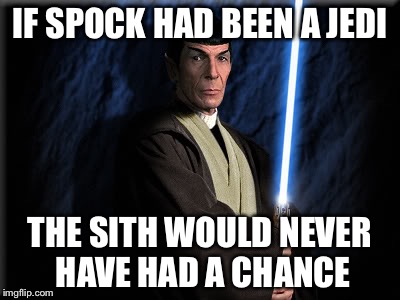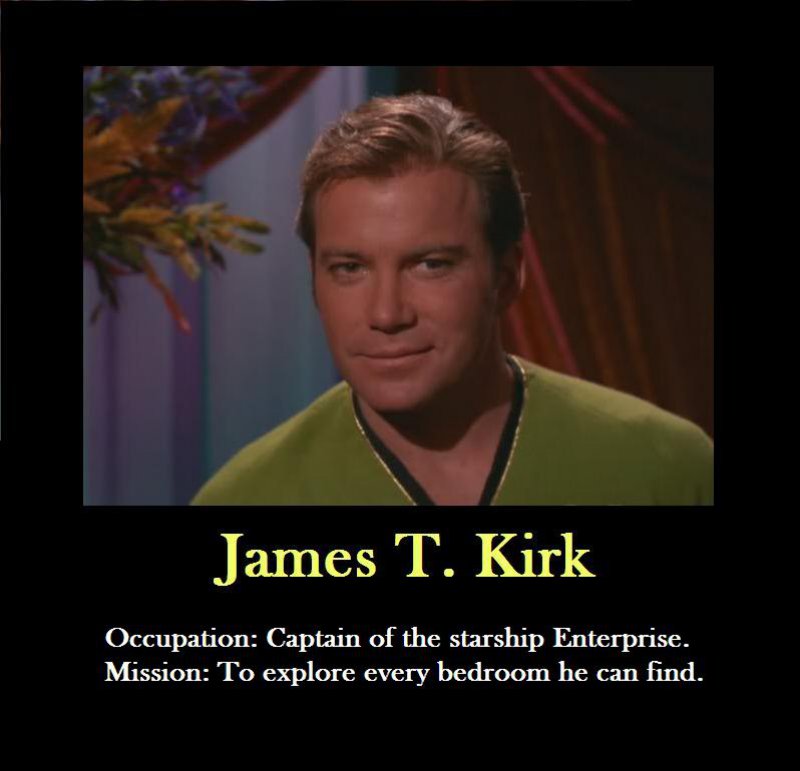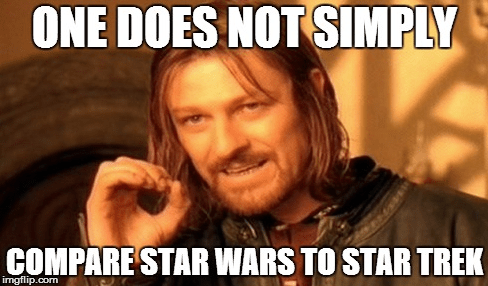Re: Star Wars / Star Trek Discussion (SciFi In General)
Posted: Sun Jul 24, 2022 5:57 pm
Hey, I never said sci-fi was not okay.DeadPoolX wrote: ↑Sun Jul 24, 2022 4:17 amWhat I don't understand is how you can suspend your disbelief for fantasy, but not science fiction. How is conjuring fireballs out of thin air and hurling them at an enemy somehow okay, yet sci-fi not adhering to every realistic facet of space travel not okay?Rath Darkblade wrote: ↑Sun Jul 24, 2022 4:10 am Meh. I just don't enjoy anything to do with space. I know enough about the science of trying to live in space, that if I tried watching SW or ST, I'd end up critiquing the thing (or rolling my eyes at it) and not enjoying it.
The only space-related things I've genuinely enjoyed were some of Asimov's locked-room mysteries (in spaaace!) and "Spaceballs" (which I watched last year, and got all the little SW references). "I am your father's brother's nephew's cousin's former roommate!"
Actually, I think I do remember watching TESB as a kid -- possibly as long ago as 1981, when it was on TV. I remember being terrified when Darth Vader cut off Luke's hand (hey, I wasn't in school at the time yet). But then David Prowse (sorry, Luke) falls hundreds of feet ---- and survives without a scratch. How does that work?IRL, he'd probably hit his head on something. (Yes, I know; if that happened it'd be the end of the franchise)
1. Fantasy, to me, is an extension of mythology. Zeus or Thor hurl down lightning. Woden walks the earth in the guise of an old man, but he can do things that other old men can't. Hercules, thanks to his divine upbringing, can do things that other mortals can't. Fantasy is simply only one step further from that.
2. Sci-fi, on the other hand, started its life (in the Asimov/Heinlein/Arthur C. Clarke/etc. era, i.e. 1940s and 50s) as an extension of science. It was a prediction of what life would be like in the generations after World War 2. In the wake of the Nuclear Era, anything seemed possible - and sci-fi writers (as well as everyone else) tried to imagine what it would be like, after years and years of rationing, making do, and mending things instead of buying new ones.
The difference between sci-fi writers and the average layman/advertising hack/etc. was that - mostly - sci-fi writers tried to stick to things that were mostly possible, within their own knowledge of science. They respected what science could do, and simply extended on that. I respect that.
The problem is, to me, many so-called sci-fi films don't work like that. There's more "fiction" and less "science". (Think of "Starship Troopers", or "Battlestar Galactica" etc.) The original series of Star Trek was (mostly) science-oriented, with quite a big dollop of "fiction". But the later Star Trek films, and especially since Mark Abrams got involved, were nothing but "Pew pew pew! Lasers in space! Shoot shoot shoot! MORE explosions! BIGGER explosions!" <sigh>
Similar things happened in Star Wars. It's space opera. I get that a lot of people enjoy that, and that's fine. But I'd like to see more science involved, that's all.
Maybe I'm wrong about ST/SW?



